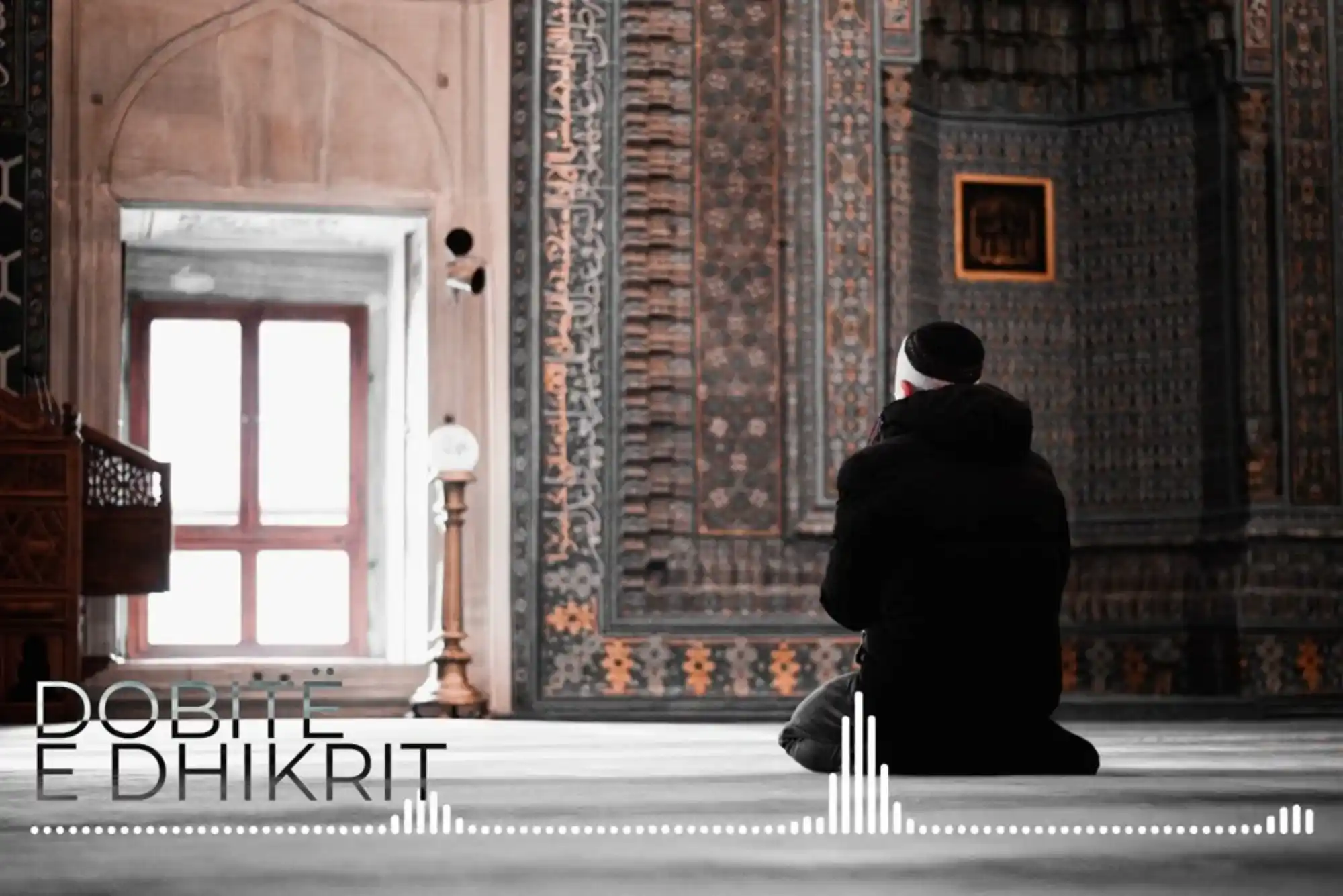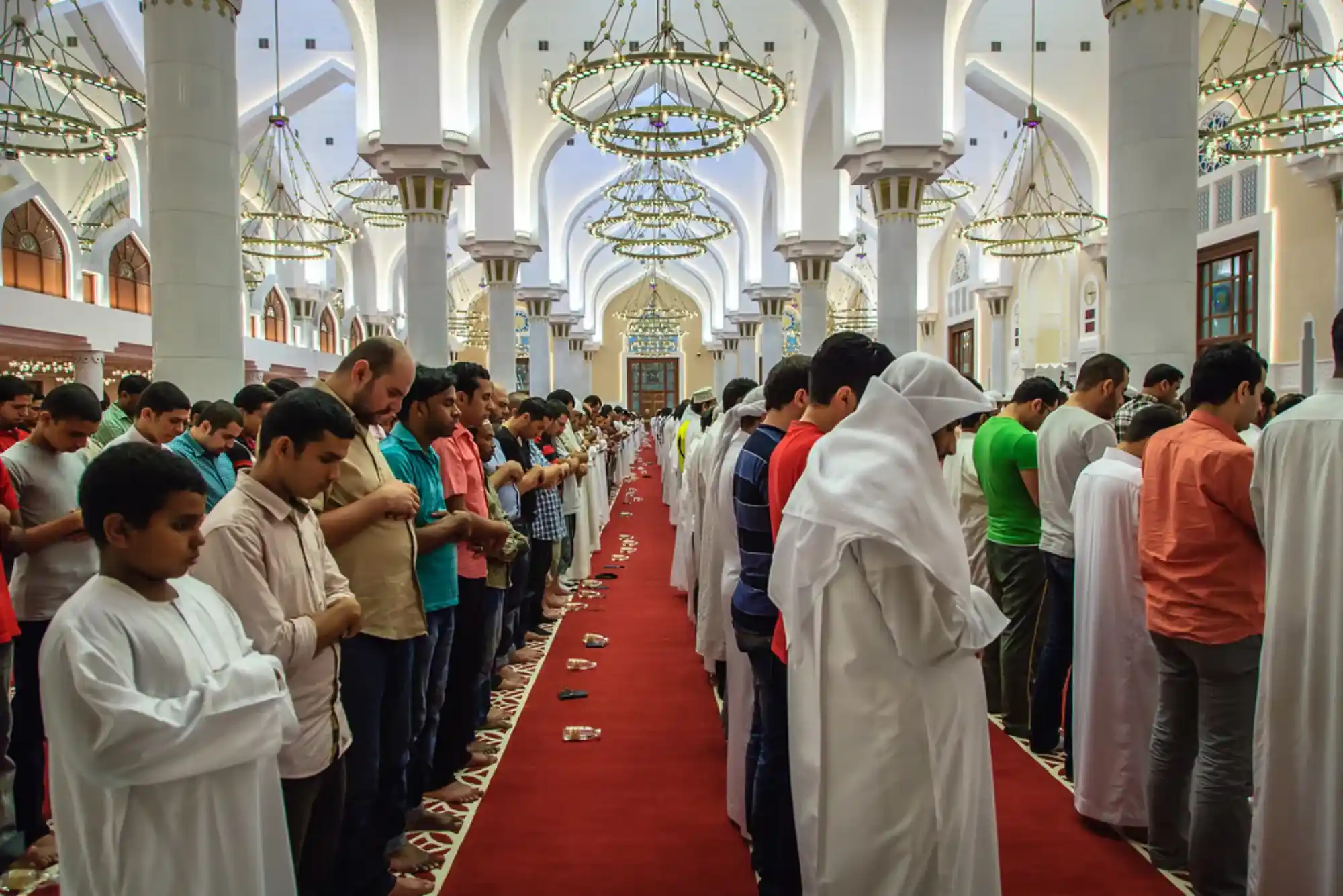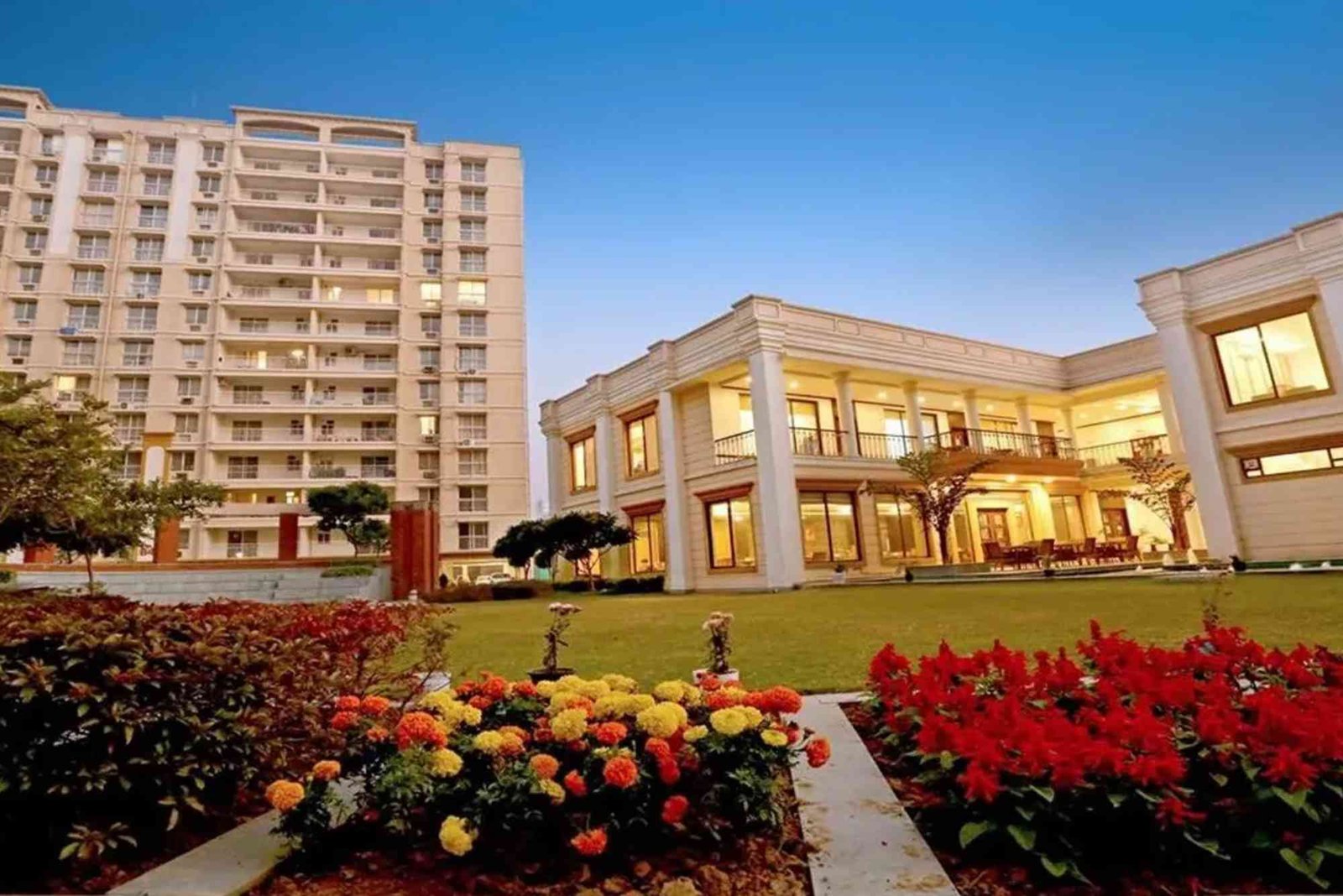Dubai, a city that embodies the heart of the UAE, is not only known for its towering skyscrapers and luxurious lifestyle but also as a place where Islamic traditions and practices are deeply honored. Muslim prayer times in Dubai hold significant importance, setting the rhythm for daily life for the Muslim community. This article provides insight into the structure of these prayer times, how they are calculated, and why they are fundamental to Muslims in Dubai.
Importance of Prayer (Salah) in Islam
Prayer, known as Salah in Islam, is the second pillar of the faith and represents an essential form of worship. Muslims are required to perform five daily prayers: Fajr, Dhuhr, Asr, Maghrib, and Isha. Each of these prayers is observed at specific times, marking distinct parts of the day and night. These set prayer times are not arbitrary but rather follow the movement of the sun, making them naturally aligned with the daily cycles.
Observing Muslim prayer times in Dubai is especially significant, as the city’s commitment to supporting these practices is reflected through the numerous mosques and available resources that help ensure punctuality in prayers. Whether individuals are at work, traveling, or at home, access to prayer time information is abundant.
The Five Daily Prayers and Their Significance
Each of the five daily prayers holds its own significance and is strategically placed throughout the day
Fajr (pre-dawn): Signifying the start of the day, Fajr is performed before dawn, symbolizing purity and spiritual renewal.
Dhuhr (midday): Observed when the sun begins its descent after reaching its highest point, this prayer emphasizes breaking away from daily work to focus on God.
Asr (afternoon): Taking place in the late afternoon, Asr represents the time to seek guidance as the day progresses.
Maghrib (sunset): Performed just after sunset, Maghrib offers thanks for the day’s blessings and prepares for the coming night.
Isha (evening): The final prayer of the day, Isha, promotes peace and reflection before sleep.
The structure of Muslim prayer times in Dubai supports the daily obligations of Muslims, helping them integrate these prayers into the city’s fast-paced lifestyle.
How Prayer Times are Determined in Dubai
Muslim prayer times in Dubai are determined based on the movement of the sun, which is calculated using astronomical formulas to ensure accuracy. These calculations take into account Dubai’s geographic location, including its latitude, longitude, and altitude. Here is how each prayer time is set:
Fajr: Calculated as a specific angle before sunrise, marking the early dawn.
Dhuhr: Determined when the sun crosses its zenith and begins to descend.
Asr: Based on the shadow length of an object, which must be equal to or double its length, depending on the chosen Islamic school of thought.
Maghrib: Starts right after sunset when the sun is below the horizon.
Isha: Calculated after complete darkness sets in following the twilight fade.
In Dubai, these timings can vary slightly day by day due to the sun’s changing position throughout the year. Accurate Muslim prayer times in Dubai can be found using resources such as mobile applications, local mosques, and online platforms.
Adjusting to Seasonal Changes in Prayer Times

As Dubai experiences a warm desert climate, the length of daylight varies throughout the year, which in turn affects Muslim prayer times in Dubai. During the summer, days are longer, pushing Dhuhr and Asr prayers to later times in the day. Conversely, in the winter, shorter days mean these prayers occur earlier. For Dubai’s residents and visitors, adapting to these seasonal adjustments is essential for maintaining punctual prayer observance.
Technological Tools for Tracking Prayer Times in Dubai
In today’s fast-paced world, technology offers a convenient solution for staying updated on Muslim prayer times in Dubai. There are several tools and resources available to help individuals keep track of prayer timings accurately:
Mobile Apps: Apps such as Muslim Pro, Athan, and Dubai Prayer Times provide notifications for each prayer time, ensuring Muslims don’t miss any prayer.
Mosques: Most mosques display daily prayer timings, updated regularly according to Dubai’s prayer schedule.
Online Resources: Websites like the General Authority of Islamic Affairs and Endowments (GAIAE) offer real-time Muslim prayer times in Dubai, along with additional resources for local Islamic events.
Using these tools, Muslims can maintain timely prayer observance while managing their daily commitments.
The Role of Mosques in Facilitating Prayer
Dubai is home to a large number of mosques, each designed to accommodate the city’s diverse Muslim population. With more than 1,000 mosques across the city, each equipped with facilities for daily prayers, Muslims have ample access to places of worship. The adhan (call to prayer) is broadcasted five times a day across these mosques, reminding Muslims of the impending prayer time and creating a serene atmosphere.
The proximity of mosques throughout Dubai makes it convenient for residents and visitors alike to observe Muslim prayer times with ease. The community-focused design of these mosques serves as a testament to Dubai’s commitment to fostering a spiritually enriched environment.
Observing Prayer Times at Work in Dubai
Dubai’s workplace culture is accommodating toward the practice of Islam, with many businesses providing designated prayer areas. Employers understand the importance of Muslim prayer times in Dubai and often encourage flexibility for employees to fulfill their prayer obligations. Many offices are equipped with prayer rooms or multi-faith spaces, providing a quiet environment for Muslims to complete their prayers during the workday.
This supportive environment allows Muslims to balance work and religious practices, fostering a sense of inclusivity in the workplace.
Guidelines for Visitors on Observing Muslim Prayer Times in Dubai
For non-Muslim visitors, understanding Muslim prayer times in Dubai offers insight into the city’s cultural fabric. While visitors are not required to participate in prayer, respecting these times is considered courteous. During prayer hours, certain establishments may observe a brief period of quietness, especially in areas close to mosques.
For those interested in learning about the practice, Dubai’s mosques, such as the Jumeirah Mosque, are open for guided tours, allowing non-Muslims to witness the serenity and community spirit fostered through prayer.
Importance of Friday Prayers (Jumu’ah) in Dubai
In addition to the daily prayers, Friday prayers, or Jumu’ah, hold special significance for Muslims and are a weekly congregational event. On Fridays, the Dhuhr prayer is replaced by the Jumu’ah prayer, which includes a sermon. This weekly gathering not only serves as a time for worship but also fosters community bonding. The government in Dubai facilitates this important prayer by making Friday a part of the weekend, allowing Muslims to attend without work obligations.
Observing Jumu’ah is an integral part of life for Muslims in Dubai, symbolizing unity and reinforcing their faith.
Islamic Institutions and Their Role in Dubai
Dubai has established several Islamic institutions, including the Islamic Affairs and Charitable Activities Department (IACAD), which plays a key role in supporting religious practices. These institutions provide resources, support mosque construction, and coordinate efforts to ensure that Muslim prayer times in Dubai are accessible and accurately conveyed.
Their contributions help foster a cohesive community where residents and visitors alike have the necessary tools and knowledge to observe their religious duties with ease.
Muslim prayer times in Dubai reflect the city’s respect for Islamic traditions, seamlessly integrating religious practices into a modern, cosmopolitan lifestyle. With resources ranging from mosques and prayer rooms to apps and online platforms, the city provides a supportive environment for Muslims to observe their daily prayers punctually. By honoring these prayer times, Muslims in Dubai uphold a spiritual connection that guides them throughout the day, reinforcing the city’s cultural foundation and spiritual values.











